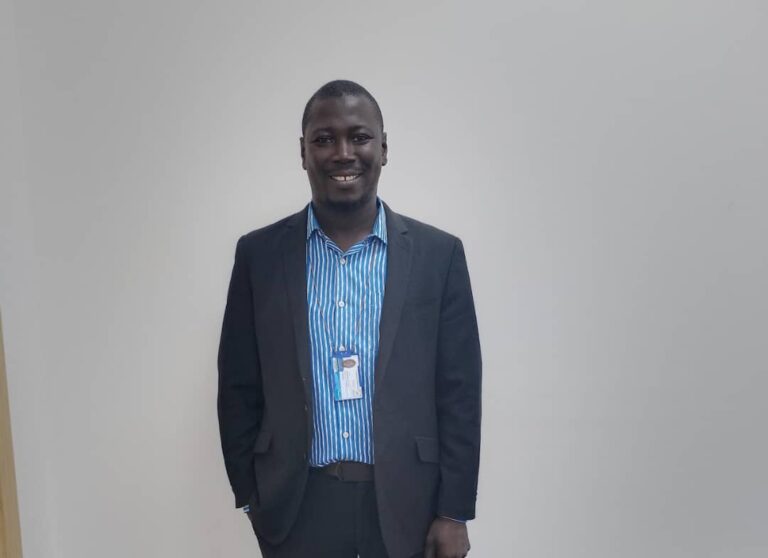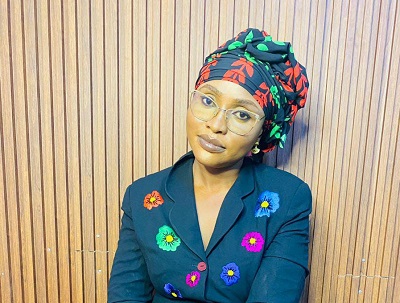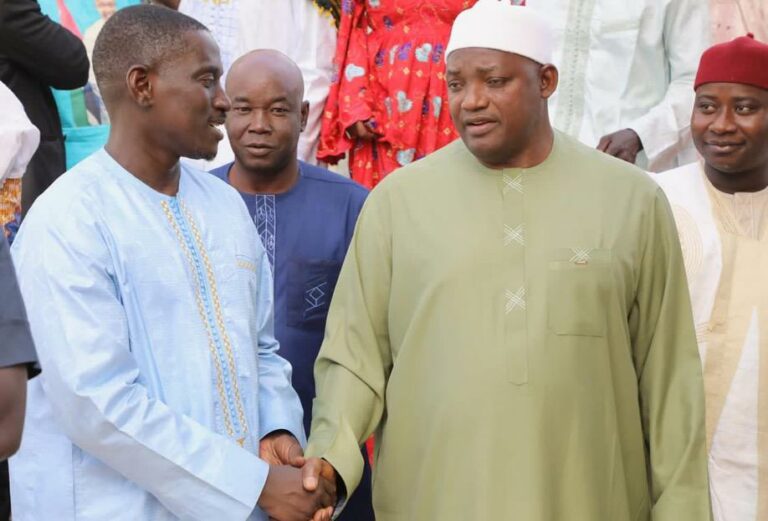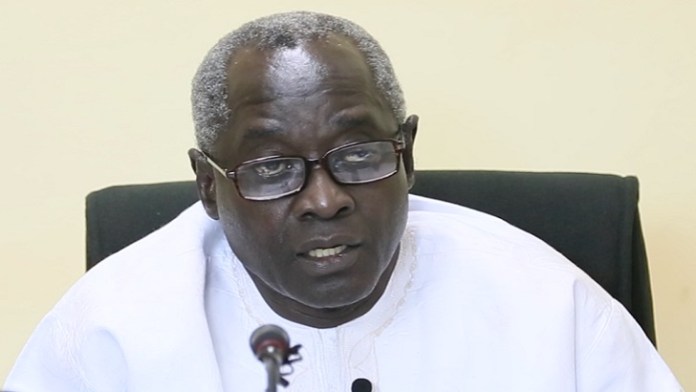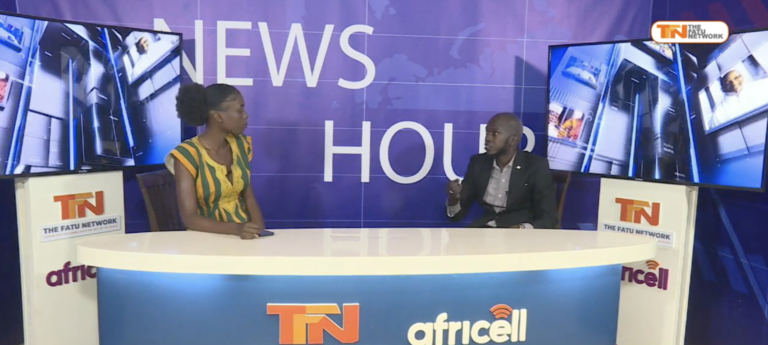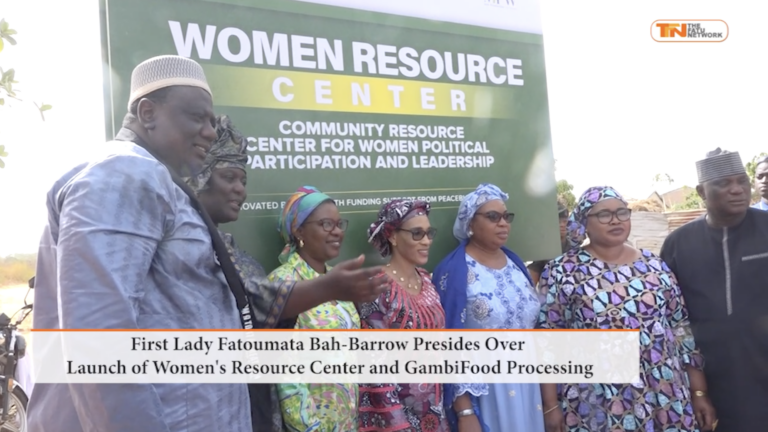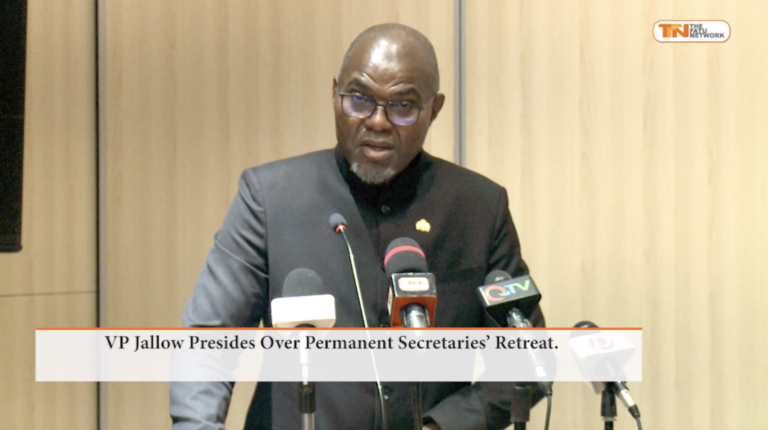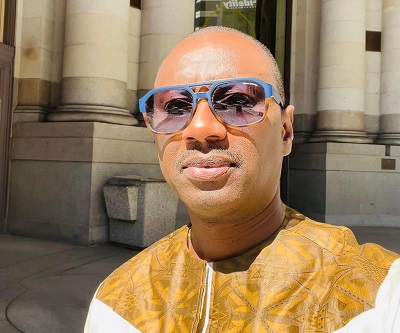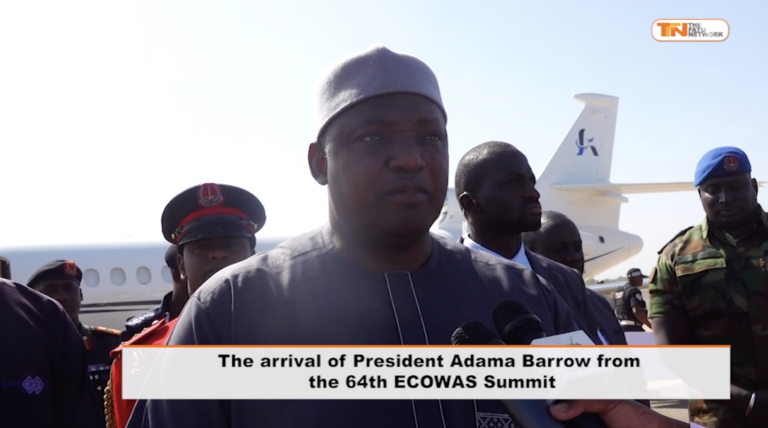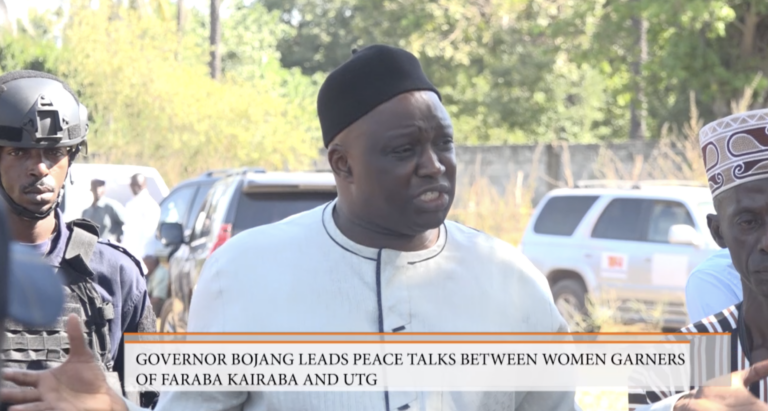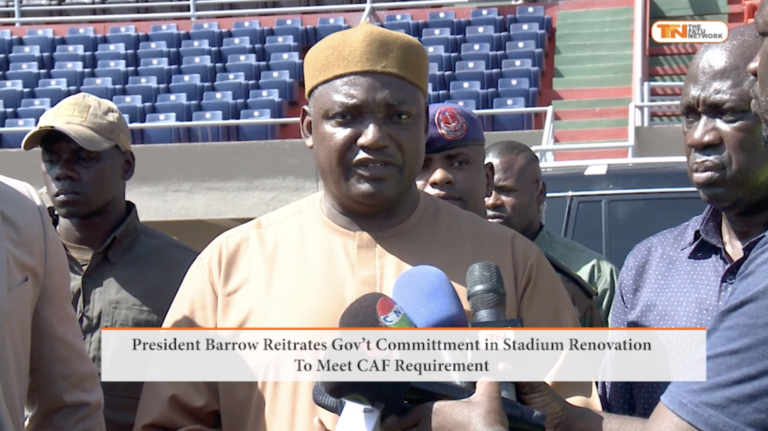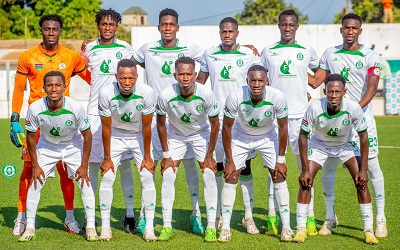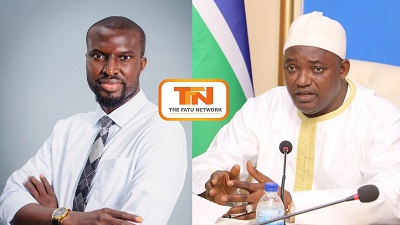By Muhammed Lamin Drammeh
From the streets of Barra in the North Bank to Farato Village in the West Coast Region, Assan S. Ndure, a determined young entrepreneur, had once aspired to become a renowned footballer. However, fate had other plans for him. Unfazed by his failed football career, he decided to channel his passion for the sport in a different direction, and that is how he founded the Fortune Football Club. Today, his club has become a harbinger of change in the football scene of The Gambia, with both male and female teams making remarkable strides.
Assan’s commitment to the club is evident in the massive investment he has made, which has transformed the lives of many young footballers by providing them with a platform to pursue their professional careers. Fortune Football Club is widely regarded as one of the most structured, organized, and motivated football clubs in the country today, with its positive impact on the sport being felt from the streets of Barra in the North Bank to the Farato Village in the West Coast Region.
The Beginning of a Young Football Administrator
Assan’s love for football started in the streets of Barra in the North Bank Region, where he was part of the Barra Football Academy. This academy was established by Jane Joof in 2003 and played a significant role in nurturing his love for the sport. Although his football career as a player couldn’t expand beyond the grassroots level, he took up the responsibility of running his father’s business in Farato.
As he grew old, his father handed over the family’s business to him. This marks the beginning of his quest to transform the lives of many talented players in football. The move gave birth to Fortune Football Club.
“When I was young, I wanted to be a footballer. But coming from a business family and the oldest son in the family, I couldn’t go further as a player. So, I shifted my dream from being a professional footballer to being a club president that will change the face of football in the country,” Assan told The Fatu Network, recalling the beginning of shifting into football club management.
The Birth of Fortune Football Club
On the 7th of December 2012, the young and ambitious businessman made a bold decision that would change the course of his life permanently. He decided to take his love for football and his passion for helping young people and establish a football club that he named Fortune Football Club. This football club has since become a household name and is celebrated in the annals of football history in the country.
Assan, the founder of Fortune Football Club, since the 2012 Nawettan in Farato, has always had a passion for football. He saw the need to create a team that would provide a professional path for many young people, and he was determined to make it a reality. This decision was not an easy one, but he remained steadfast in his quest to establish a team that would be much talked about today.
“When I moved to Fararo to take care of my dad’s business, I used to play for a team. But unfortunately, that team had some issues and they stopped playing in the Naweetan. That was the time I invited my friends and formed a team to play in the Naweetan.
“It actually began as just fun. Then three years later, after winning everything in the Brikama Naweetan, the vision of the club started changing. We took part in the regional third-division qualifiers, and played the league, to the second division and the first division. This happened just in two years,” he told TFN.
At the age of 34, Assan is the youngest club owner in the topflight of Gambian football, massively investing in football and player development.
Result of Massive Investment in Football: From Just Fun to Transforming Lives
Assan realized that football is an investment. Aside from the daily training, football requires finance to have the tools that win you trophies and export players.
In the 2018-19 season, when the team reached the top tier of Gambian football, a lot had changed. Apart from investing money, Assan implemented an intriguing player development project, which has resulted in the team producing players for every national team football category in the country. Not only that, but the team has also been exporting players for a professional football career.
“As a person, I have learned a lot in the game. I have discovered that there is more to this game than just playing. I have tarred a progressive path for myself and my team that has been helping us in all facets, both on and off the pitch. Having finance as a team is good, but having finance and a bright direction makes the difference and that is what is behind the success of this team in just 11 years. We have a direction and that is where everyone sees us heading.”
In their third year in The Gambia’s first division, Fortune Football Club — affectionately called the Petroleum Boys — won the league in 2021.
After winning the league in 2021, Fortune, with Assan’s vision and insatiable quest for more success, backed the team and registered them in the CAF club Champions League preliminary, where the team faced notable African champions, ES SETIF of Algeria. In the first leg in Banjul, Fortune stunned the whole continent with an emphatic 3-0 thumping of ES Setif at the Independence Stadium before losing to a penalty shootout in the second leg in Algeria.
A Vision Beyond the Corridors of The Gambia
To Assan, participating in the preliminary was just the threshold for his dream of making Fortune a giant in African football. He has his heart set on the continent, making his club one of the biggest clubs in Africa in the near future.
“The vision is for this team to only produce players for professional development or career, but to compete beyond the borders of this country. We want to compete in the club’s Champions League in the very near future. We are working on it, every time,” the ambitious club president explained.
Establishment of a Female Club
Assan does not only own and finance the male team, but he also finances a female team, which is participating in the women’s second division league, making him among the very few individuals funding both male and female teams in the Gambia Football Federation Leagues. In 2018, Assan saw the need to establish a female team and play a role in helping young girls realize their dreams in the game.
“Female football in the country is evolving. We are aware of it, that is why we are investing in that too,” he said.
“I have no doubt that in the future, women’s football in the country will be massively followed. We aren’t waiting for that, we are planning ahead and we shall be there,” he stated.
Testimony of Players
Karamba Gassama, a young Gambian player currently playing in the Albanian top-flight league, never imagined being a professional player at an early age. However, through fate and the vision of Mr. Assan Ndure, Karamba became a professional footballer.
“Assan did a lot for me. He told me that he would make sure that I became a professional footballer and it happened. What he did for me and many other young players who are now professional is incredible. Thanks to his effort, I am now taking care of my family as a sole breadwinner,” Karamba explained.
Tijan Marr, a former captain of the National U20 team who now plays second division football in Spain, described Assan as a rare breed in Gambian football.
From 2018 to date, Fortune Football has produced 14 players who represented the Gambia in the U17, 20 and U23. Recently, two players from the female team also represented the Gambia in the female U15 tournament played in Mauritania.
The team can now boast of over 10 players who passed through the team and now playing professional football in the 5 years that the club spent at the top-level of Gambian football.
Plans to Build a Stadium with a Hotel
Branded as one of the finest football administrators in the country, Assan is striving to establish a standard football field for the team that will be used as a centre for youngsters who will become national icons in the game. Part of his plan is to have a hotel in the stadium. Already, he has landed in Farato, the home of his team.
A young man with a massive dream, Assan has been a shining light in football development in the country. Through his love and investment, he has helped many footballers who are now playing professional football.
He is dedicating his time to transforming and developing footballers. In his executive capacity, Assan works with only young people, creating employment for them.
He has won the respect of many football administrators in the country.


